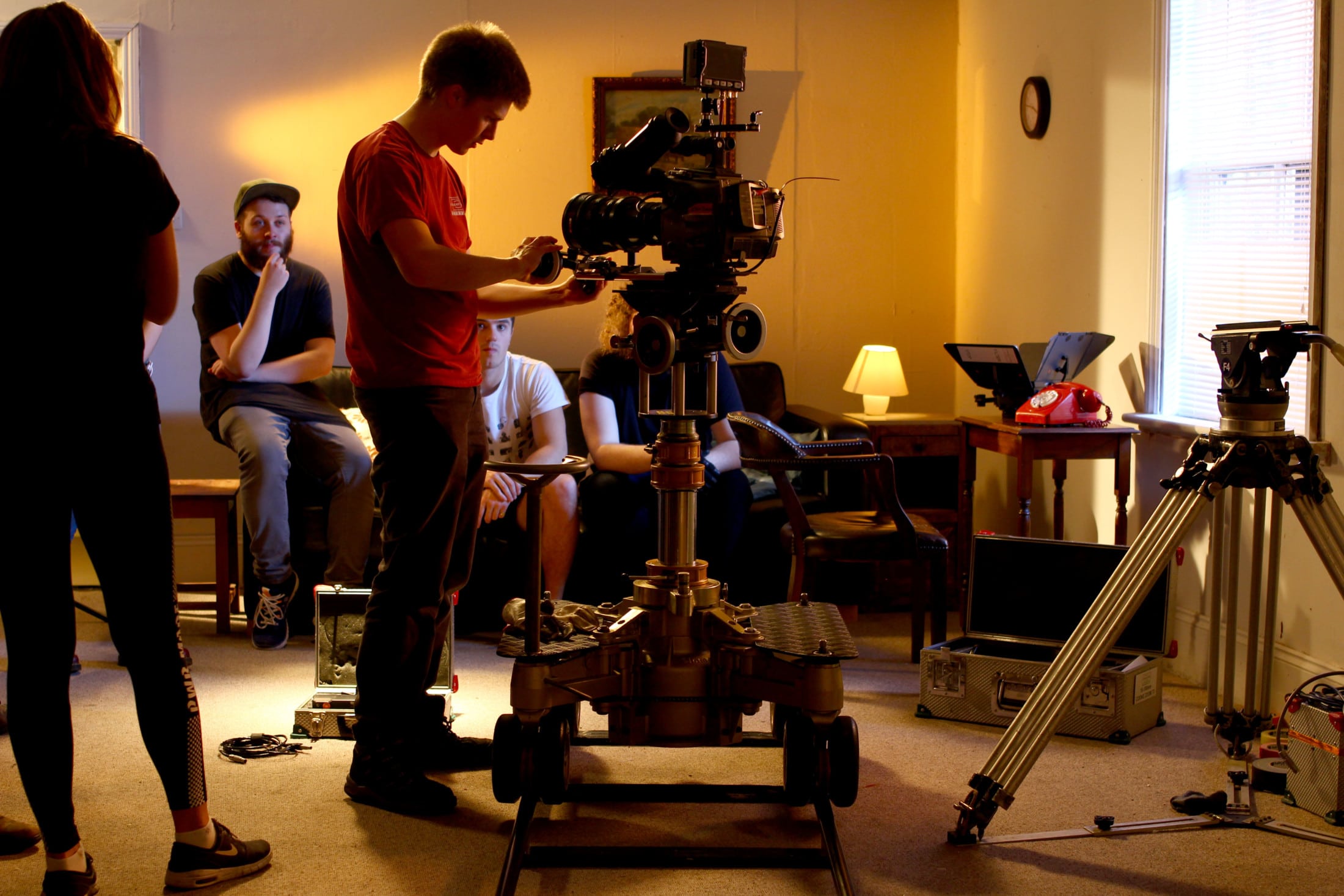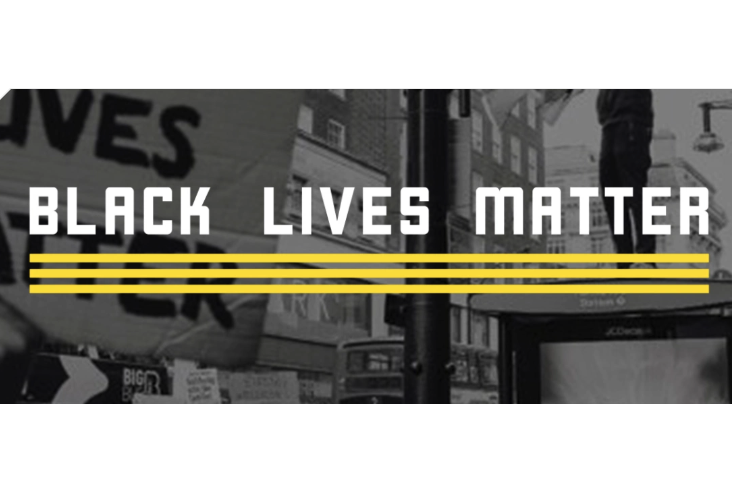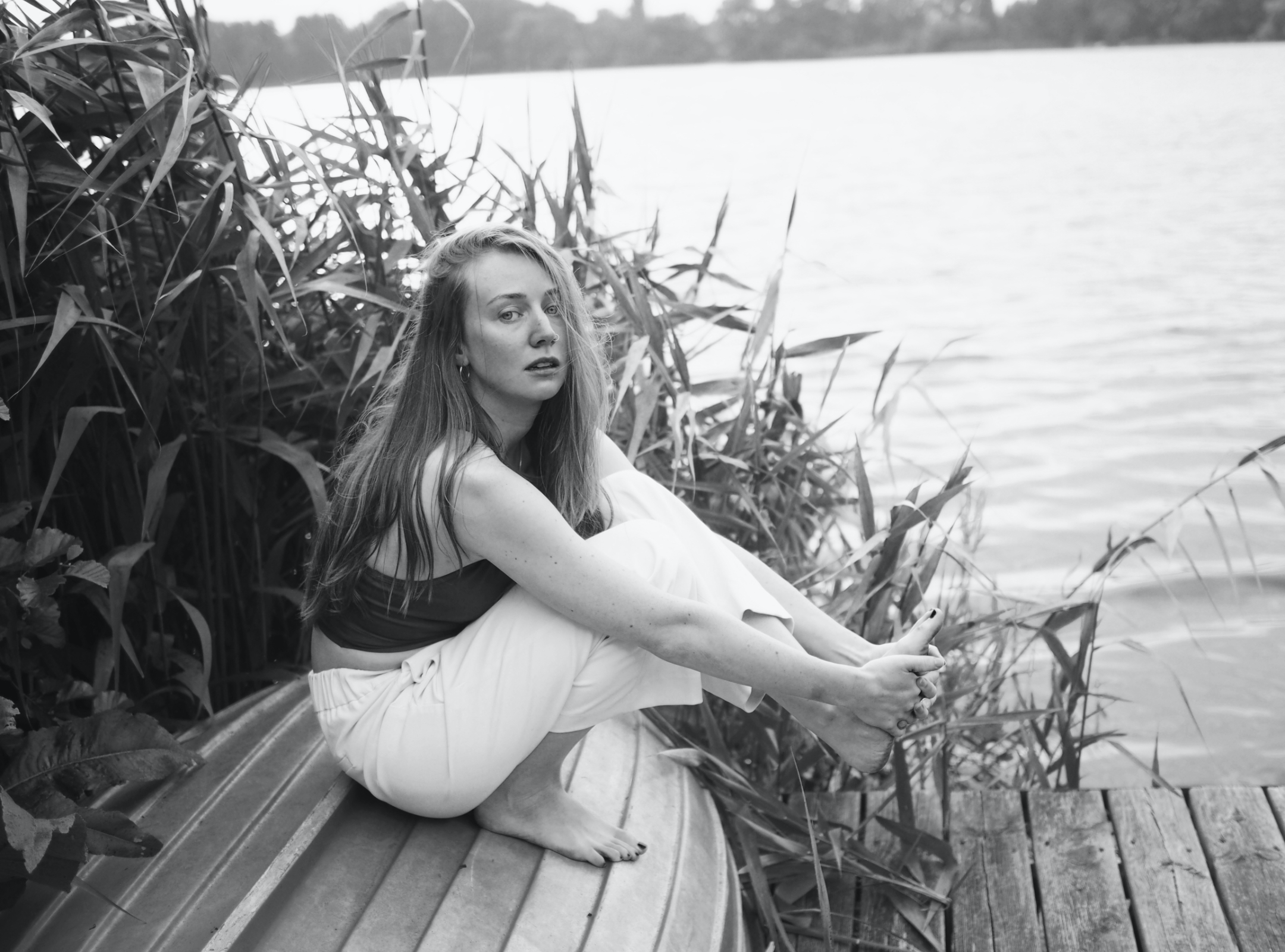At Screen and Film School Brighton, students are given access to an array of professional equipment, allowing them to hone their craft and bring their creative visions to life. In a recent interview, Richard Knights, a seasoned camera technician at the school, shared his insights into the world of cinematography.
With a wealth of experience and a deep understanding of both film and digital mediums, Knights provides valuable guidance on the cameras students get excited about, the importance of technical skills, and how to balance the technical and artistic aspects of filmmaking. This interview offers a glimpse into the essential tools and knowledge that budding filmmakers need to succeed in the industry.
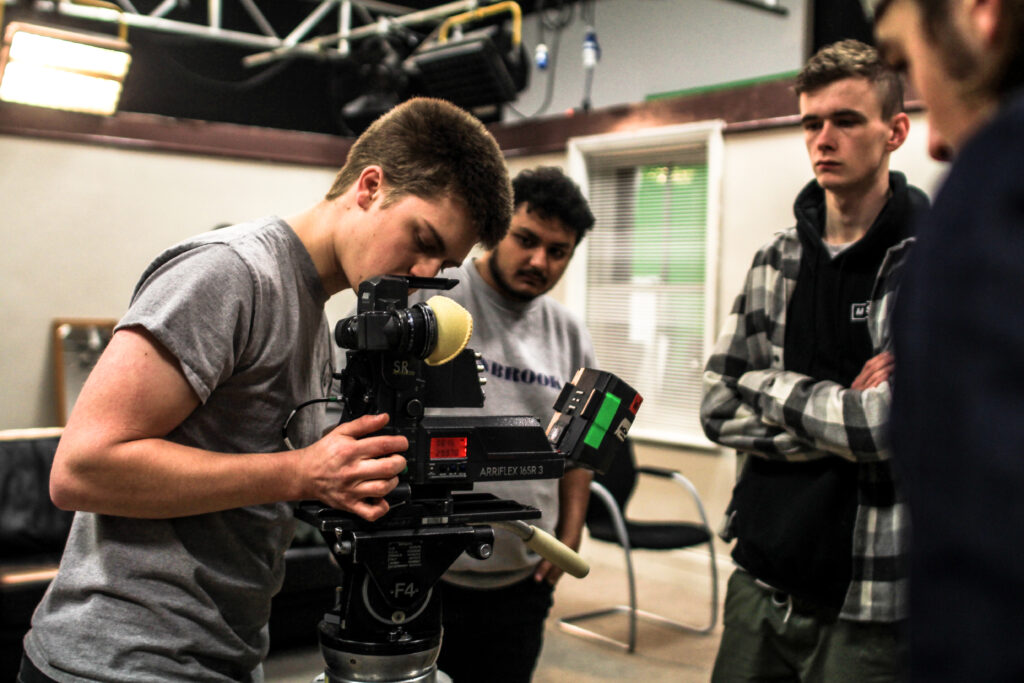
Can you describe a particularly memorable project where students used our camera equipment to its fullest potential?
Yes, there was a production called ‘Linger’ shot on Super 16. The students came for several workshops with me, and I also got them to practice loading and unloading gash stock. I would also sabotage the equipment so they would learn how to troubleshoot the camera while on location. The results were very pleasing, especially as one of the shots required the camera to be handheld and circle around both actors who were dancing. They achieved this in one take. They were also very good at getting a good exposure and from what I recall they had a clean gate as well.
How has camera technology evolved in recent years?
Yes, Digital film cameras have evolved a lot, especially on the technical side of things such as improved resolution, ISO sensitivity and dynamic range. But, visually, I feel they have taken a step back and technical achievements have not provided many benefits. In common, I would say that they look sterile and have a very harsh look to them. I’m not so convinced how well they are able to cope with dark skin tones either which I think is a shame. However, I do like the new Sony Venice!
Read more: An Introduction to Cinematography with lecturer Adam Collins
Film cameras are also evolving with new HD/4K Video tabs and feedback from directors and cinematographers can lead to improved camera modifications. The IMAX cooperation is now building new IMAX 15/70mm film cameras which will be lighter, smaller, increased reliability, new and improved optical clarity for the operators as well.
What cameras would you suggest a student might want to try to get hold of before they come to film school for their Level 3 studies?
I would suggest looking at an affordable Super 8 or Super 16 film camera for home use. As soon as you hear the film running through the gate you will realise that every second counts.
Shooting on film means that you need to plan accordingly and be smart on what is achievable. You will also begin to develop a critical eye and ensuring you are getting the best results first time. Working on film is a skill and is harder to work with. But you will get much greater results and this will hopefully teach you discipline and respect for your craft.
Talking of craft, you will also need to consider owning a light meter as they are required when working on film and still recommended when shooting on digital. You will learn a lot from owning one as you will understand how different stops of light can affect your lighting contrast and will give you the correct exposure on your film negative or your video camera.
Shooting digitally means you can shoot as much as you want and leave the camera running while you go to lunch for a sandwich and a packet of ready salted crisps. I mean, it is fine to do this if you want to, but I don’t believe you are as committed to your project or to your craft. As I see it, shooting on digital allows you to keep on going take after take until it is reasonably good, and you are happy enough with it.
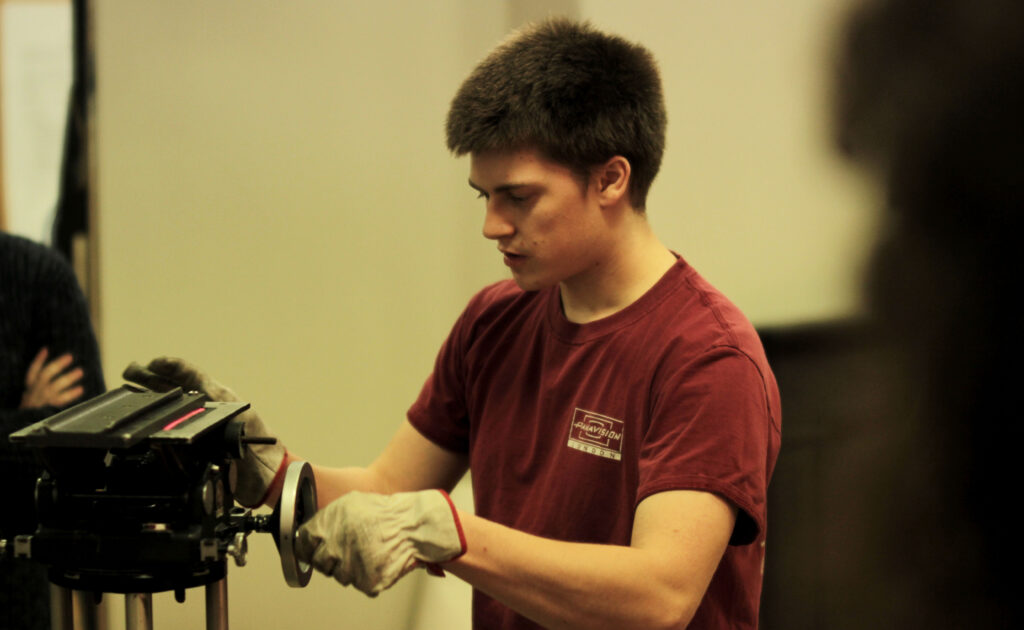
Do we train our students on film cameras as well as digital?
Yes, we mainly run workshops for students at Level 6 and the MA course who wish to shoot their end-of-year films on celluloid. We sometimes run lite evening workshops which are less focused but still cover most of the basics. Last year, these workshops had the highest signup compared to the other evening activities that were available!
We have, in the past, run a Super 16 workshop and we shot on black and white film stock which was donated to us by Kodak. This took place during the summer holidays in which we tied it in with a workshop at Kodak Film Lab at Pinewood Studios. The students were able to watch their film being developed and were able to watch it played back in front of them. They also went to a camera workshop at Sunbelt Rentals on the same allotment. The students really enjoyed themselves. We hope to do this again soon.
Read more: Discover our Facilities
I would also like to say to our students from Level 6 and MA that if you would like to have the opportunity to shoot your end of year film on film and are concerned about having to fund-raise the cost of shooting on film, then never fear! Your course leader will have a dedicated film budget which should allow you to shoot on film without you having to fund-raise. However, if there is high demand to shoot on film you may require some fundraising to cover some of the costs.
What is the camera we have at Screen and Film School that students get most excited about getting to use?
I think that would be our film cameras. The Arriflex SR3, (S16), Panavision Panaflex Gold II (3-Perf 35mm) + Panavision Panaflex (2-Perf 35mm) Although I could just be biased.
I think the Arri Alexa might be one of them as well.
How important is it for students to understand the technical aspects of camera versus the artistic aspects of filmmaking?
I think it is important that the students should try to learn both technical and creative aspects of filmmaking as this will expand their understanding of this process. However, each person is different, and some people may be more creative and will have a more artistic vision and may not be so technically-minded while the reverse can also apply. In this case, you will need to consider who your crew are as they will need to be able to support you during this collaborative process.
What are the most common mistakes you see beginners make when first learning how to use professional camera equipment?
I have noticed that a lot of beginners have a habit of rushing and being heavy-handed with the equipment. It is important that they are able to find the thin line of being able to work quickly and efficiently without rushing. Rushing can lead to mistakes and could even cause an injury or damage to the equipment.
Another bad habit is that some people leave the camera running when the take hasn’t gone to plan, and discussions are taking place without anyone calling cut. This can become very expensive on both film and digital. Another bad habit is when the operator does not lock off the tripod head and as the operator walks off that the camera begins to tilt forwards and quickly gathers momentum. Thankfully we haven’t had any breakages caused by this just yet. Also, my pet hate is the famous line “Will fix it in post”. Please don’t do this!
ARE YOU INTERESTED IN BEING A PART OF THE NEW LEGACY AT SCREEN AND FILM SCHOOL?
Sign up to one of our Open Days:
OPEN DAYS
Find out more information on our courses by clicking below:
